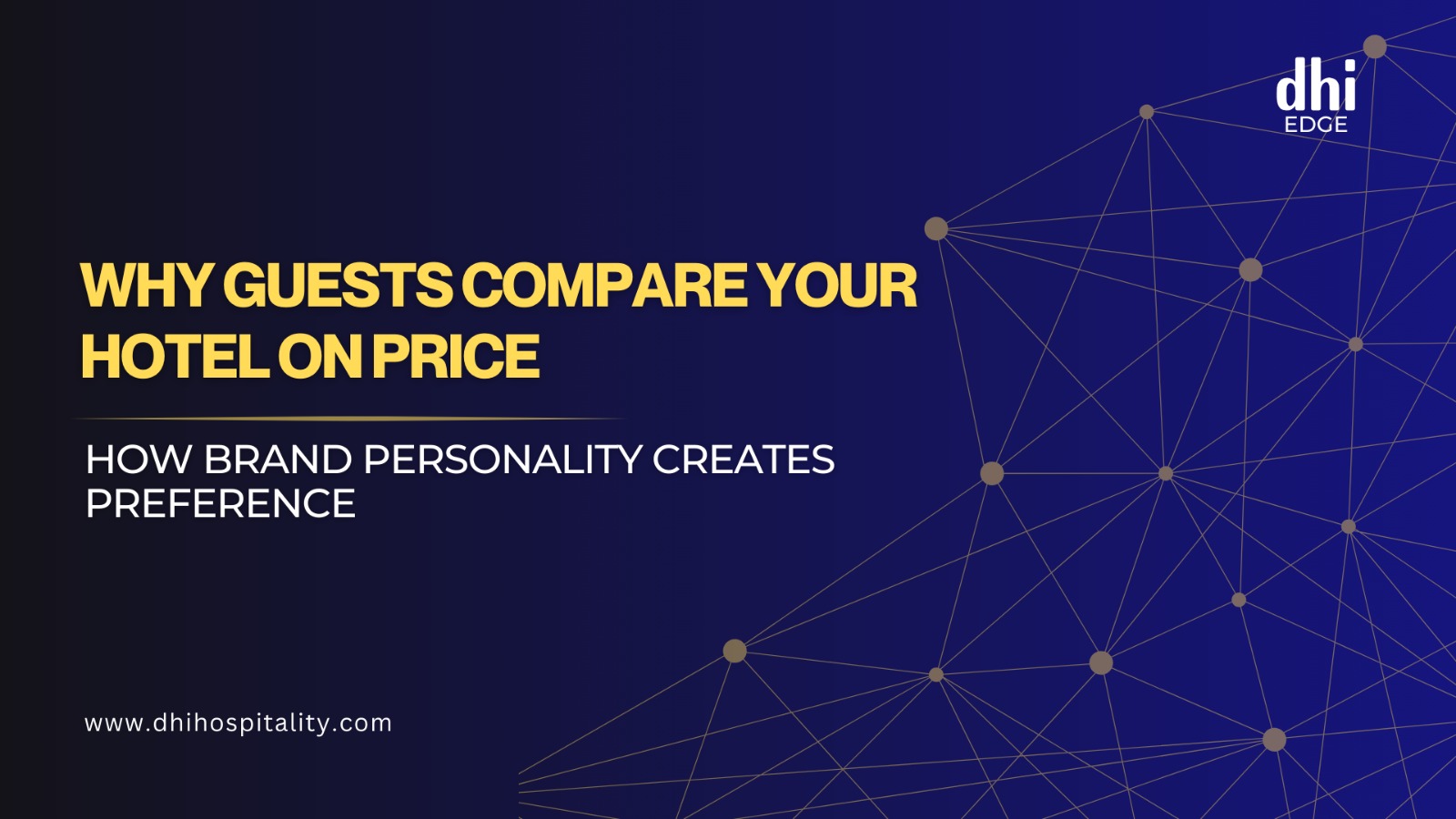
%20(1).webp)
For years, hotel brands have been pouring more money into digital marketing, yet profits remain flat. Marketing is meant to drive direct bookings, reduce OTA dependency, and
capture travelers in the exact moment they’re ready to book. Instead, a quiet but constant leak eats away budgets marketing waste.
Across the hospitality industry, a large share of ad spend disappears before it ever reaches real travelers with booking intent. Not because marketing doesn’t work, but because
hotel marketing is often executed poorly. Budgets get spread across the wrong channels, bad targeting burns cash, and weak campaign structures kill performance. The problem isn’t how much hotels spend it’s how that spend is used.
This is exactly where programmatic advertising properly executed becomes a performance advantage.
Independent media audits across hospitality campaigns consistently reveal double-digit inefficiencies, especially when hotels rely heavily on traditional manual media buying,
opaque agency models, or broad, non-intent-based targeting.
The biggest sources of wasted ad spend in hospitality include:
Luxury hotels, resorts, and international chains suffer the most because inefficiencies scale with spend. More budget without more intelligence simply multiplies loss.
The word “programmatic” has been misunderstood in hospitality. Some hotel marketers associate it with banner spam, wasted impressions, or brand safety risks. That’s not
programmatic that’s lazy execution.
Programmatic advertising, at its best, is exactly what hotels need:
Instead of spraying ads across the internet, programmatic identifies and reaches in-market travelers a far narrower and more profitable audience.
For example, instead of targeting "people interested in Maldives travel," a precision strategy targets “users who searched 2–5 star resort stays in Maldives in last 72 hours +
visited hotel price comparison pages + engaged with long-stay visa content.” That’s intent. That’s relevance. That’s performance.
Here’s exactly how programmatic reduces waste in hotel advertising:
Travelers don’t book because they’re 30+, male, and live in Dubai. They book because they’re actively planning a trip and comparing options. Programmatic platforms use travel
intent signals searches, browsing behavior, recent booking history to target people in-market.
Traditional campaigns chase “reach” or “CTR”. That’s how money gets burned. Programmatic shifts optimization toward ROAS (Return on Ad Spend), CPA (Cost Per
Acquisition), and revenue per audience segment metrics hotel leadership actually cares about.
Want to see your ad budget die fast? Ignore frequency caps. Programmatic sets tight impression frequency control, preventing over-delivery to the same user and reallocating
wasted funds to new potential converters.
A guest searching “family resorts in Bali” should not see the same ad as a user browsing “couples retreat Maldives.” Programmatic enables dynamic creative optimization ads
adapt in real-time based on search behavior, travel date, room availability, and even weather conditions.
Programmatic platforms allow direct deals with publishers and travel networks reducing agency markups and building full cost transparency. Every dollar is traceable.
When implemented correctly, programmatic consistently improves hospitality campaign efficiency:
Global hotel groups are using programmatic to build long-term guest acquisition systems that reduce third-party dependency. Boutique hotels are using it to punch above their weight and compete with major brands. Resorts are using it to target length-of-stay travelers and high-ticket audiences.
Programmatic is not plug-and-play software. It’s a media operating system. Hotels fail with it when they treat it as automation, not precision strategy.
A successful programmatic framework includes:
Hotels don’t have a spending problem they have a media efficiency problem. When budgets leak through inefficient targeting, blanket campaigns, and unmanaged buying, growth stalls. Programmatic changes that. It gives hotel brands a smarter, data-driven method of scaling revenue while maintaining control over direct bookings.
The hospitality brands that win in 2025 and beyond won’t be the ones who spend more. They’ll be the ones who buy smarter.
At dhi Hospitality, we help hotels achieve profitable growth through strategic brand positioning and data-driven programmatic advertising. Our solutions combine audience
intelligence, market differentiation, and advanced targeting to maximize campaign efficiency and deliver measurable ROI across every channel.